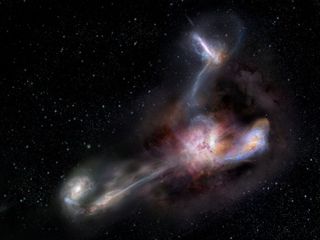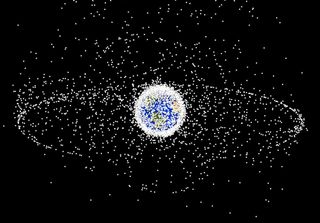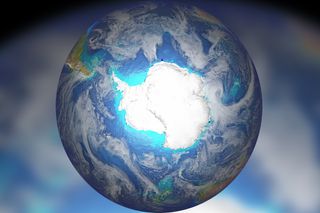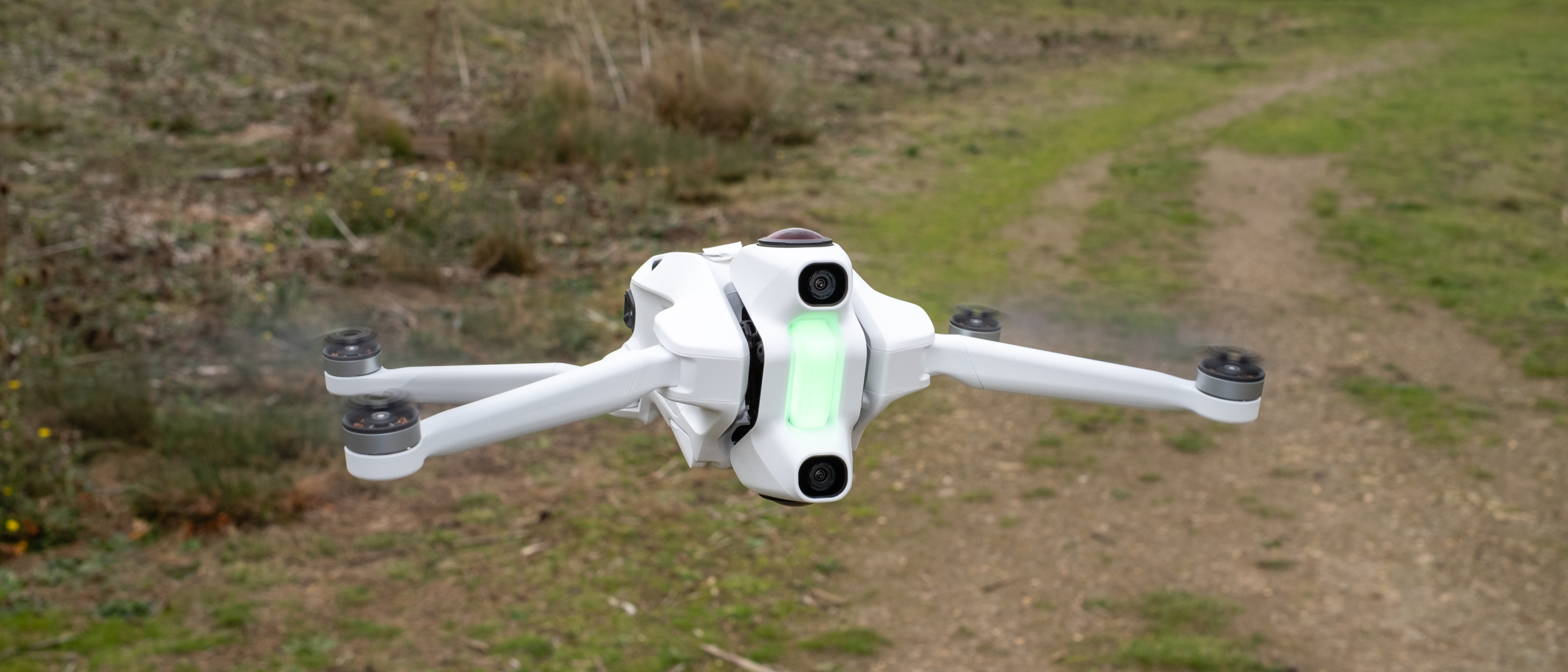Stephanie Pappas is a contributing writer for Space.com sister site Live Science, covering topics ranging from geoscience to archaeology to the human brain and behavior. She was previously a senior writer for Live Science but is now a freelancer based in Denver, Colorado, and regularly contributes to Scientific American and The Monitor, the monthly magazine of the American Psychological Association. Stephanie received a bachelor's degree in psychology from the University of South Carolina and a graduate certificate in science communication from the University of California, Santa Cruz.
Latest articles by Stephanie Pappas
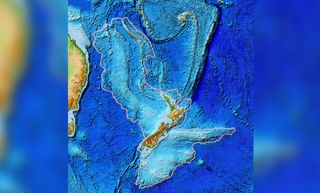
The lost continent of Zealandia hides clues to the Ring of Fire's birth
By Stephanie Pappas published
The lost continent of Zealandia underwent changes as subduction began around the western Pacific.
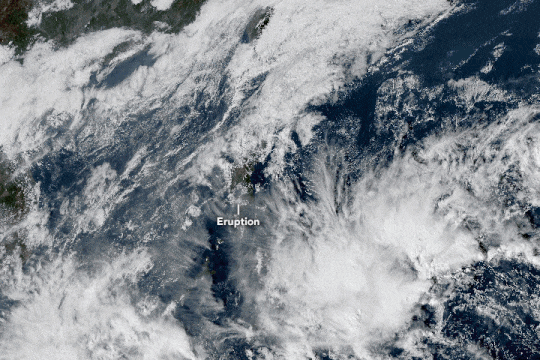
Huge eruption of Philippines volcano seen from space
By Stephanie Pappas published
Taal volcano in the Philippines rumbled to life on Jan. 12, sending steam and sulfur skyward. Satellites have captured images of the eruption.
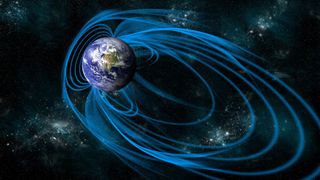
Earth's Magnetic North Pole Continues Drifting, Crosses Prime Meridian
By Stephanie Pappas published
Earth's magnetic north is wandering from the Canadian Arctic toward Siberia, and it just crossed the Prime Meridian.
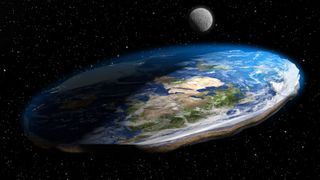
What If the Earth Was Flat?
By Stephanie Pappas published
A flat Earth would inhabit an entirely different physical reality than the one we know.
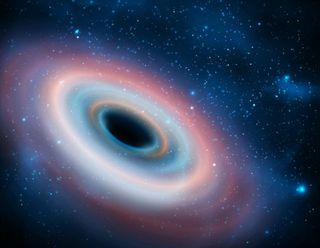
Black Holes Grow Hair, Then Go Bald Again
By Stephanie Pappas published
New calculations suggest that some black holes can grow hair, but they can't keep it for long. Alas, they go bald again.
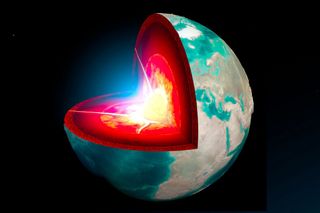
Earth's Mantle and Crust Are in a Fiery Battle to the Death … of Supercontinents
By Stephanie Pappas published
A new model of the whole Earth shows how the mantle and crust drive the movement of tectonic plates as well as the creation and destruction of supercontinents.
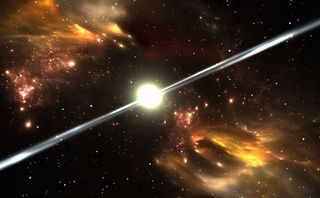
One of the Fastest-Spinning Stars in the Galaxy Is Spitting Out Gamma Rays
By Stephanie Pappas published
Lighthouse bursts of gamma rays emanate from one of the fastest-spinning stars in the galaxy.
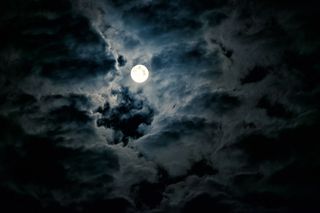
On Friday the 13th, Don't Be Freaked Out by the 'Micromoon'
By Stephanie Pappas published
The full moon of September 2019 is poised to provide some eerie atmosphere.
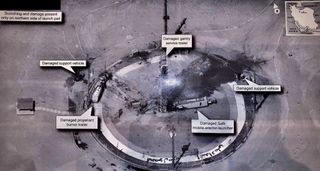
Sleuths Find the Top-Secret (and Classified) Satellite Behind Trump's Tweeted Photo
By Stephanie Pappas published
It was only a matter of time: Amateur sleuths think they've tracked down the satellite that took a high-resolution image of the aftermath of an Iranian missile disaster.

AI Created a 3D Replica of Our Universe. We Have No Idea How It Works.
By Stephanie Pappas published
The first-ever artificial intelligence simulation of the universe seems to work like the real thing — and is almost as mysterious.
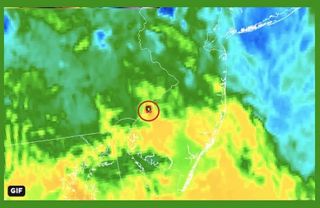
Philadelphia Refinery Explosion Shoots Fireball Visible from Space
By Stephanie Pappas published
A massive refinery explosion in Philadelphia was so hot and expansive that it was visible on weather satellites, according to the National Weather Service.
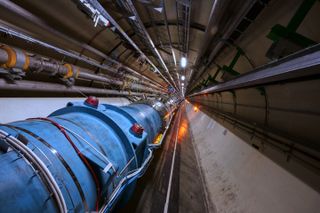
The World's Largest Atom Smasher Could Be Tweaked to Hunt 'Dark World' Particles
By Stephanie Pappas published
The Large Hadron Collider should be able to detect these rare particles — if they exist.
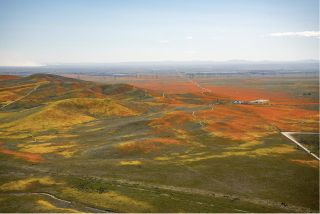
Orange Lush: California's 'Superbloom' Wows from the Air
By Stephanie Pappas published
A NASA photographer captured a lush aerial shot of an ephemeral wildflower bloom in the desert.
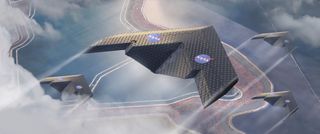
Airplane Wing Assembles Like a Jigsaw Puzzle and Can Morph Into Any Shape
By Stephanie Pappas published
The new wing could make for lighter, more efficient airplanes.
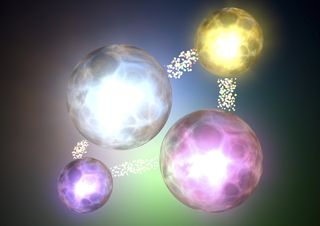
Dash of Meson, Pinch of Baryon: Scientists Find Recipe for Ultrarare Pentaquarks
By Stephanie Pappas published
Researchers now know what's going on inside mysterious particles called pentaquarks.
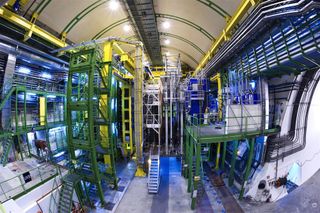
World's Largest Atom Smasher May Have Just Found Evidence for Why Our Universe Exists
By Stephanie Pappas published
An asymmetry between matter and antimatter has been observed in the charm quark.

Mariner's Astrolabe from 1503 Shipwreck Is World's Oldest
By Stephanie Pappas published
An astrolabe found at a shipwreck site in Oman is the oldest one ever discovered.
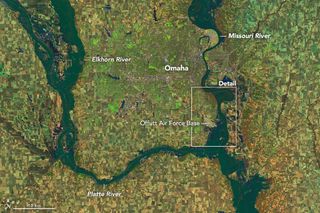
Nebraska Flooding Seen from Space in Dramatic Detail
By Stephanie Pappas published
Nebraska's rivers swell after a "bomb cyclone" hits the central U.S.
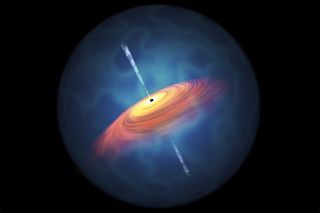
83 Gargantuan Black Holes Spotted Guzzling Down Dinner at the Edge of the Universe
By Stephanie Pappas published
The supermassive black holes were birthed during the universe's infancy.
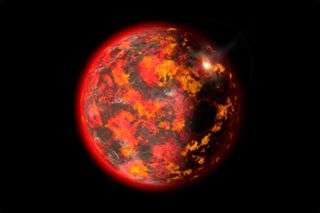
Early Earth's Spin Helped Shape Its Molten Magma Ocean
By Stephanie Pappas published
The early Earth's worldwide sea of magma may have been shaped by the young planet's rapid spin.
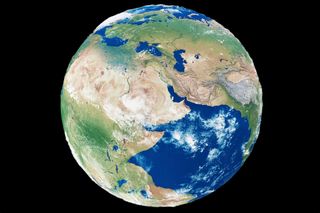
Earth Once Swallowed Its Own Superocean. Could It Happen Again?
By Stephanie Pappas published
An ancient supercontinent turned inside out as the Earth swallowed its own ocean some 700 million years ago, new research suggests.
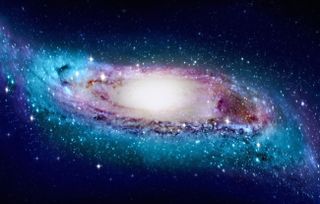
The Milky Way Is Totally Twisted
By Stephanie Pappas published
The Milky Way's disk bends and warps at the edges.
Breaking space news, the latest updates on rocket launches, skywatching events and more!

